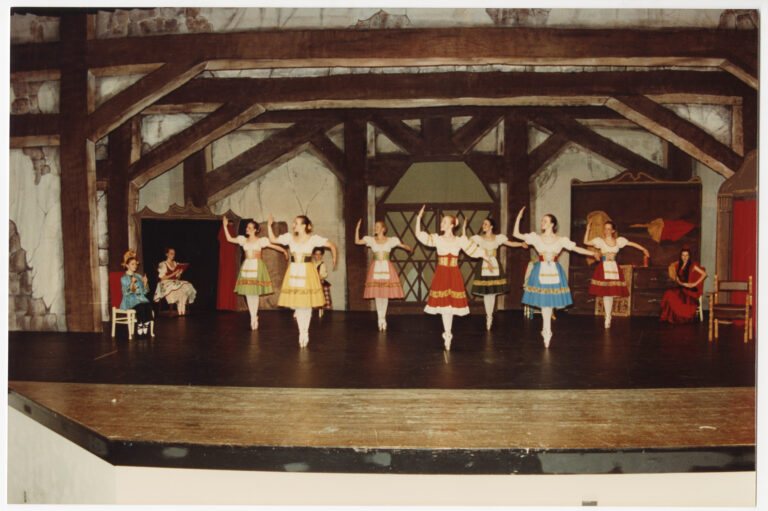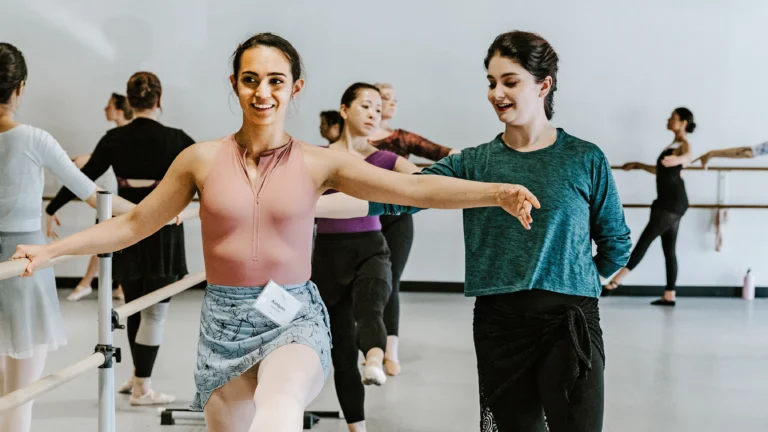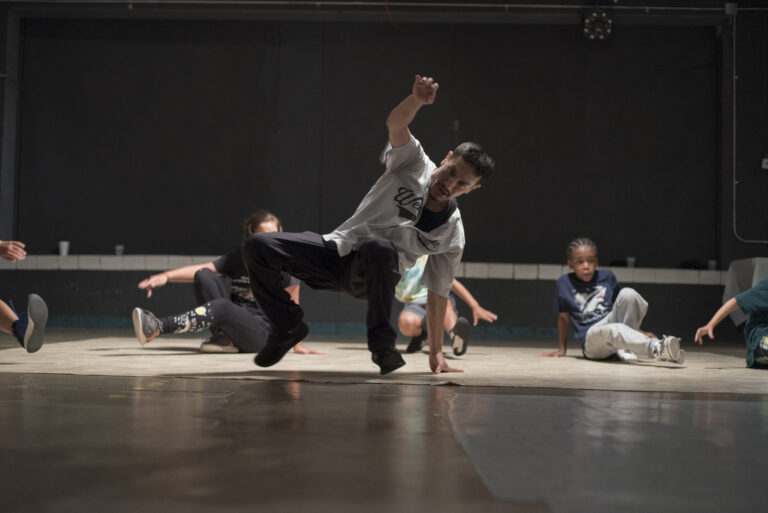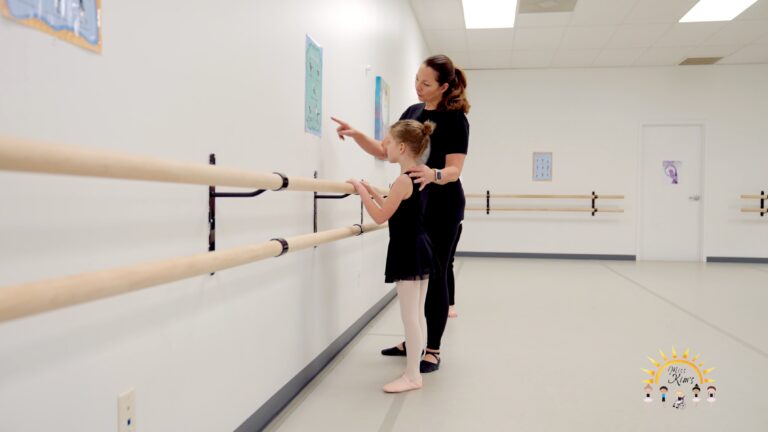
Your year-end recital is your studio’s pot of gold at the end of the rainbow. Not only is it the time for your dancers to celebrate what they’ve accomplished during the year, it’s your opportunity to demonstrate to parents firsthand the value of a dance education. A successful recital can also grant your school an influential role in the local community. Whether a prominent conservatory or a small-town studio, and whether your dancers win competitions or take classes once a week, your year-end recital is the chance for your dancers—and your program—to shine.
The Rock School
Stephanie and Bo Spassoff
Philadelphia, PA
For more than 30 years, Bo and Stephanie Spassoff have directed an institution that’s grown to house two training facilities, 1,200 students and a $5.8 million budget.
Pro tip: “We don’t allow the kids to go back and forth to their parents during the show. They would run wild if we did. So, for their safety, and to limit distractions for the audience, the younger dancers get to observe the older kids during rehearsal at the studio, and stay backstage during the performance.”
On themes: “One of my favorite year-end showcases was Russian-themed—we even had all of our costumes made in Russia to match it. But what really brings our themes to life is the quality of our dancers. With performers like Beckanne Sisk, Christine Shevchenko or Derek Dunn with us, people who don’t even have children dancing want to come. And no matter the theme, our performances move along quickly, because in this day and age, you have to work a bit to keep the audience’s attention.”
Venue: “We make sure everyone we bring to the theater is respectful and gracious. We have a big meeting before the performance in which we explain the do’s and don’ts of the theater to parents and staff, so that the venue is happy to have us back each year.”
Logistics: “We have a staff member taking care of each little detail. We have a residence program with dorms across the street full of 50 or 60 kids we have to transport and take care of. We have to be sure the parents of the younger dancers who live at home are kept well-informed about the plan for the week. We are a multilingual school, so we have to be sure we have properly communicated what is happening to the dancers who speak different languages. We have chaperones, who make sure students get to the correct guardian after the performance ends, and a crew of trusted mothers backstage making sure the dancers get to where they need to be when they need to be there. We also have to be sure someone cleans up the theater when the performance is over.”
Costume strategy: “A mother of two former students has taken over our costume shop. She’s studied to create many of our costumes, including period pieces for our Nutcracker. We do order from different suppliers as well, but even then she dresses those up so they are something really special. We pay some parents and students to help her. She begins preparing for a performance about five months in advance—sometimes earlier. You have to allow enough time for the costumes to be ready.”
Music licensing: “We pay ASCAP an annual fee. That being said, most of the music for showcases is in the public domain. Getting the rights and paying royalty for music is not expensive, and it’s worth it. You don’t want to get a letter saying you’ve been sued.”




